How many protein shakes a day?
How many protein shakes a day?
I often get asked how many protein shakes should one drink in a day, but the question should really be how many grams of protein should I consume in a day. Protein is one of the three macronutrients, the others are fat and carbohydrates, and it provides nine essential amino acids that humans can’t live without. Protein helps build bones, tissues, and muscles, but also helps in digesting food, and supporting immunity. Along with a host of many other things, protein is involved in basically every aspect of cellular functioning [1]. There are thousands of different proteins that make up the human body, all completing specific functions. Throughout our lifetimes, proteins are constantly being fixed and replaced by the body in a process known as “protein synthesis.” In order to keep up with the constant demand for the amino acids that make up protein, we must consume it through our diet. This is especially true in cases where the demand for protein is higher, like in pregnancy/breastfeeding or childhood/adolescence [2]. In this article we will examine protein needs for normal growth, but also in special instances. We will also investigate good protein sources, how to prepare them for optimal absorption, and practical ways to increase protein consumption.
What Are Your Protein Needs?
As with most questions in nutrition, the answer is “it depends.” The Recommended Daily Allowance has historically been 0.8 g/kg, but according to recent findings, we may have grossly underestimated this need [3]. Studies using the more accurate method of calculating protein needs called the Indicator Amino Acid Oxidation (IAAO) technique, pinpoint the protein needs a bit higher (1.2 g/kg) for both healthy adults and older men [3]. There are a lot of factors that come into play when it comes to factoring protein needs. Here is a helpful chart from Examine.com to get a good idea on where to start [4]. Remember, these numbers are gram per kilogram of body weight.

As you can see, there are instances where your needs are higher (i.e for athletic performance, muscle gain, and in those pregnant and lactating). Athletes likely need 1.6 to 2.2 g/kg for maximizing strength and lean mass [5]. For muscle growth (after resistance training), your requirements may fall around 1.6-2.4 g/kg [6]. If your goal is weight loss while maintaining muscle mass you’re aiming for 1.2–1.5 g/kg [7,8].
For mother and baby, again the RDA is likely underestimated [9]. Women that are pregnant may differ in needs as pregnancy progresses– in the early weeks of gestation, 1.66 g/kg is encouraged, while in the later weeks of gestation the ideal consumption is 1.77 g/kg. Also worth noting is the maternal birth outcomes when protein was supplemented. In the protein supplementation group, the baby had 34% lower risk of lower gestational weight, 32% risk of lower birth weight, and 38% lower risk of stillbirth [10]. As with pregnancy, there is a lack of research in regards to protein needs during breastfeeding, but general consensus seems to agree that women lactating should consume no less than 1.5 g/kg of body weight [11,12,4].
When discussing protein through the lifecycle, we must discuss protein needs in older adults. Sarcopenia is the leading cause of frailty in the US, and is linked to a greater risk of premature death in the older population. Around 40% of men, and 60% of women over the age of 50 have this condition [13]. The recommendations for older adults range from 1.0 g/kg for healthy seniors, all the way to 1.5 for seniors that have acute or chronic disease [14].
Plant vs. Animal Protein
Animal protein has been a staple in the human diet for thousands of years. We will discuss several aspects that give it an advantage over plant protein, which is a much more recent addition. Animal protein has a higher bioavailability, is easily absorbed, and is incredibly nutrient dense. On several scales, including the digestible indispensable amino acid score (DIAAS), animal proteins consistently rank higher. It contains higher levels of essential amino acids which gives it the label of a complete protein. Complete proteins just describe a protein that has enough of each essential amino acid proportionate to overall amino acid content [4]. To the opposite effect, plant proteins are considered incomplete proteins [15]. Animal foods are also higher in a few key nutrients like vitamin B12, vitamin D, DHA, heme-iron, zinc, beta-alanine, and taurine[16,17,18,19, 20]. This doesn’t mean that plant protein can’t be nutritious, it just means that an optimal diet contains a good mix of both animal and plant proteins.
Protein and Health
Aside from the ones we’ve already discussed, there are several other aspects of health that protein is beneficial for. Protein is linked to a healthier body composition [21]. It reduces the response of blood sugar after a meal, and helps curb overeating with a high satiety factor [22]. Due to this response and several others, it’s thought that higher protein intake can help lower Type II Diabetes risk [23]. Another study suggests that children fed higher amounts of animal protein at the beginning of life and throughout childhood have better cognitive function [24].
Optimizing Protein Intake & Practical Application
Most importantly, try to meet your daily needs. Choose proteins that have been sustainably raised, like grass-fed beef, free-range chicken/eggs, etc. Cooking protein helps soften tough fibers and make the meat more absorbable [25]. Roasting and baking at a lower temperature can help preserve some of the nutrients in the protein, but do serve the protein with the drippings to conserve any B vitamins that may have been lost. Use caution when grilling and broiling as some studies have linked the toxic compounds from the fat dripping onto the grilling surface and then seeping into the meat with several types of cancers [26, 27, 28, 29]. The second concern with high heat cooking methods is the formation of advanced glycation end products (AGEs). These have also been linked to some unfavorable diseases like heart disease, kidney disease and advanced aging [30, 31, 32].
Lastly, supplementing with protein supplements have shown to potentially be helpful with weight control according to this 2017 study [33]. They’ve also been shown to be beneficial for those trying to build muscle mass and strength while resistance training [34]. Supplements can also aid in recovery as well [35]. When choosing a supplement, choose one with high biological value like whey or egg whites, that’s lower carb, without any unnecessary additives [15, 36, 37]. You can find my favorite one linked here.

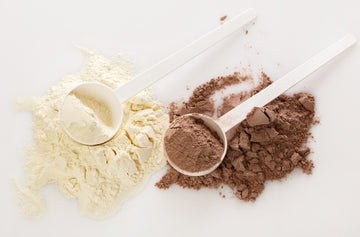





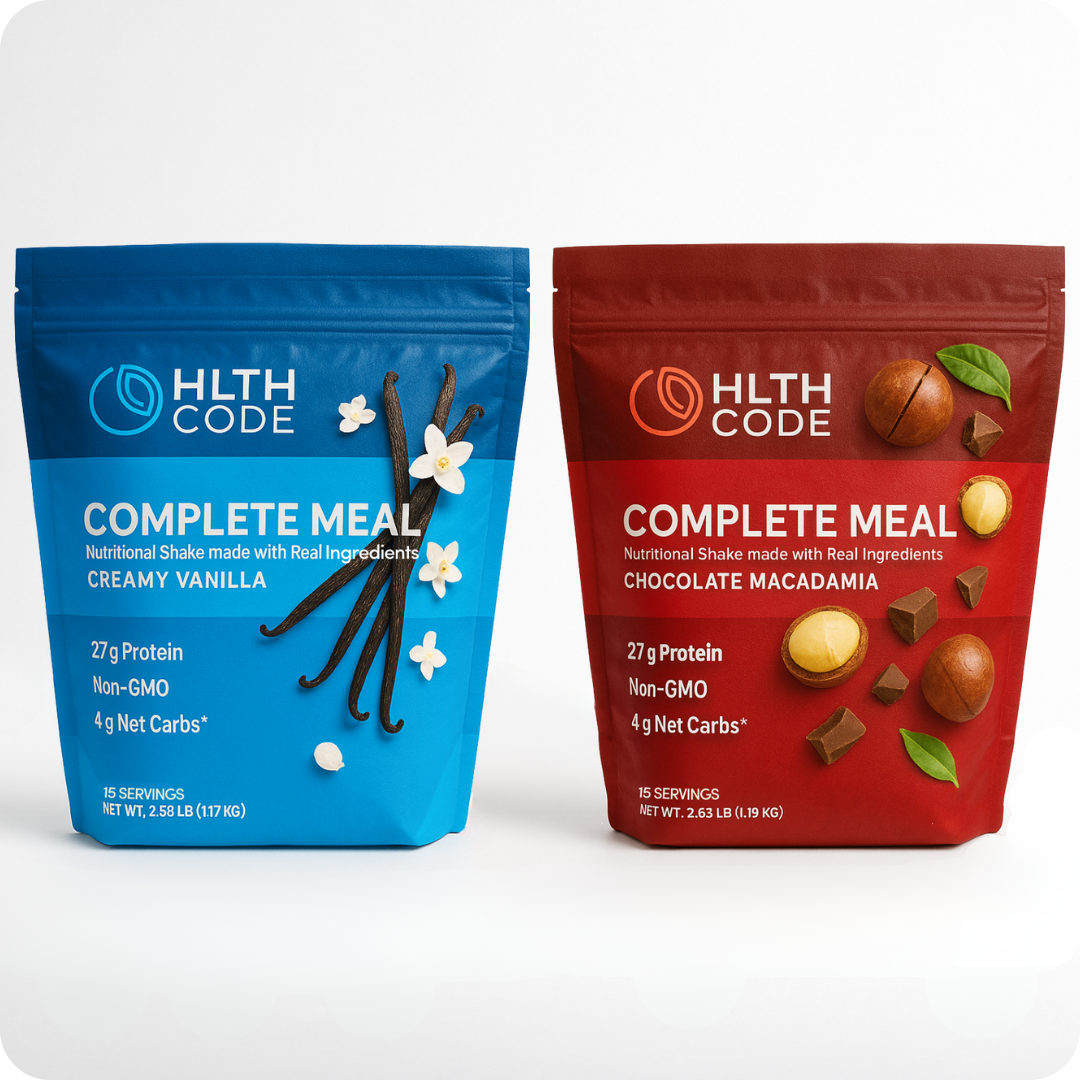
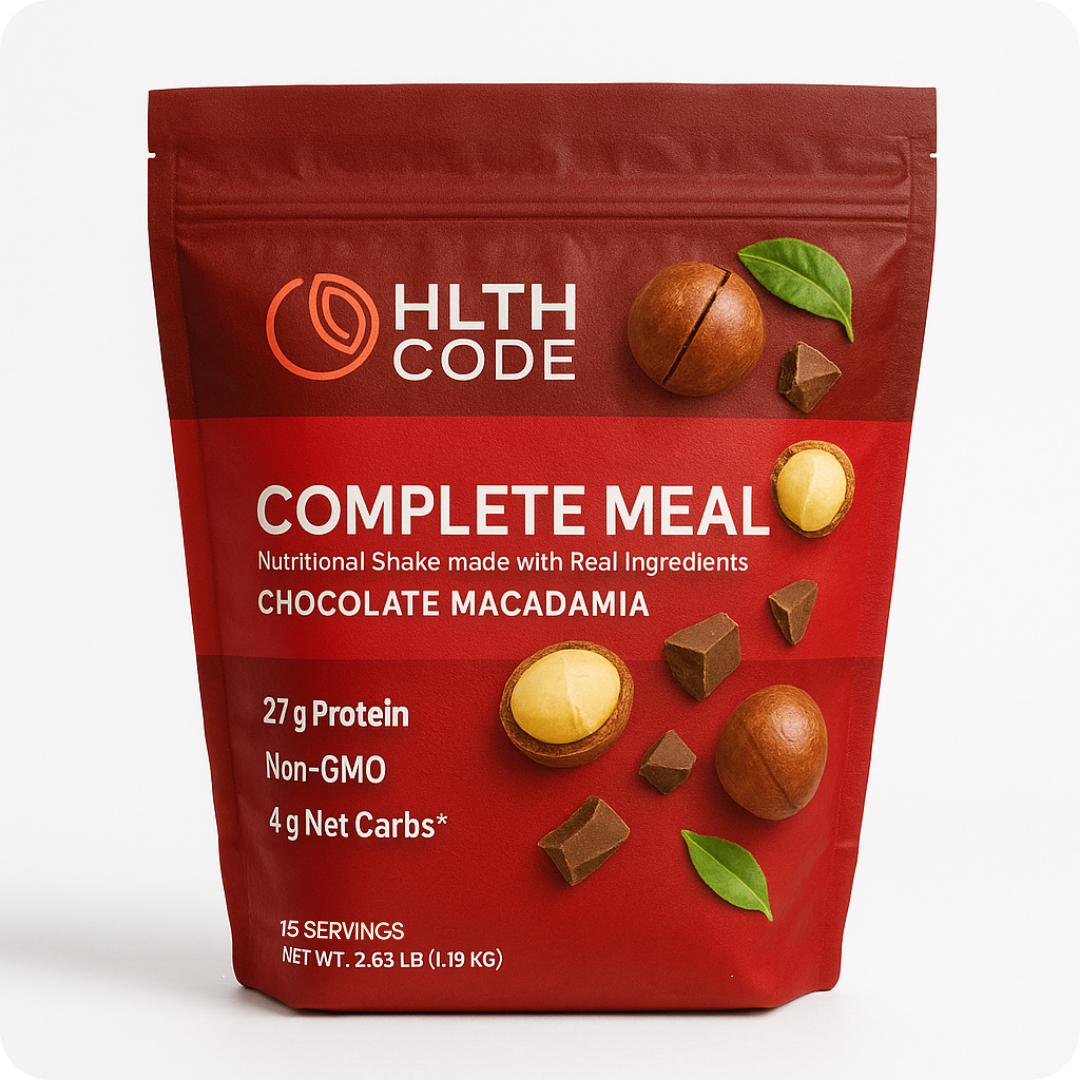
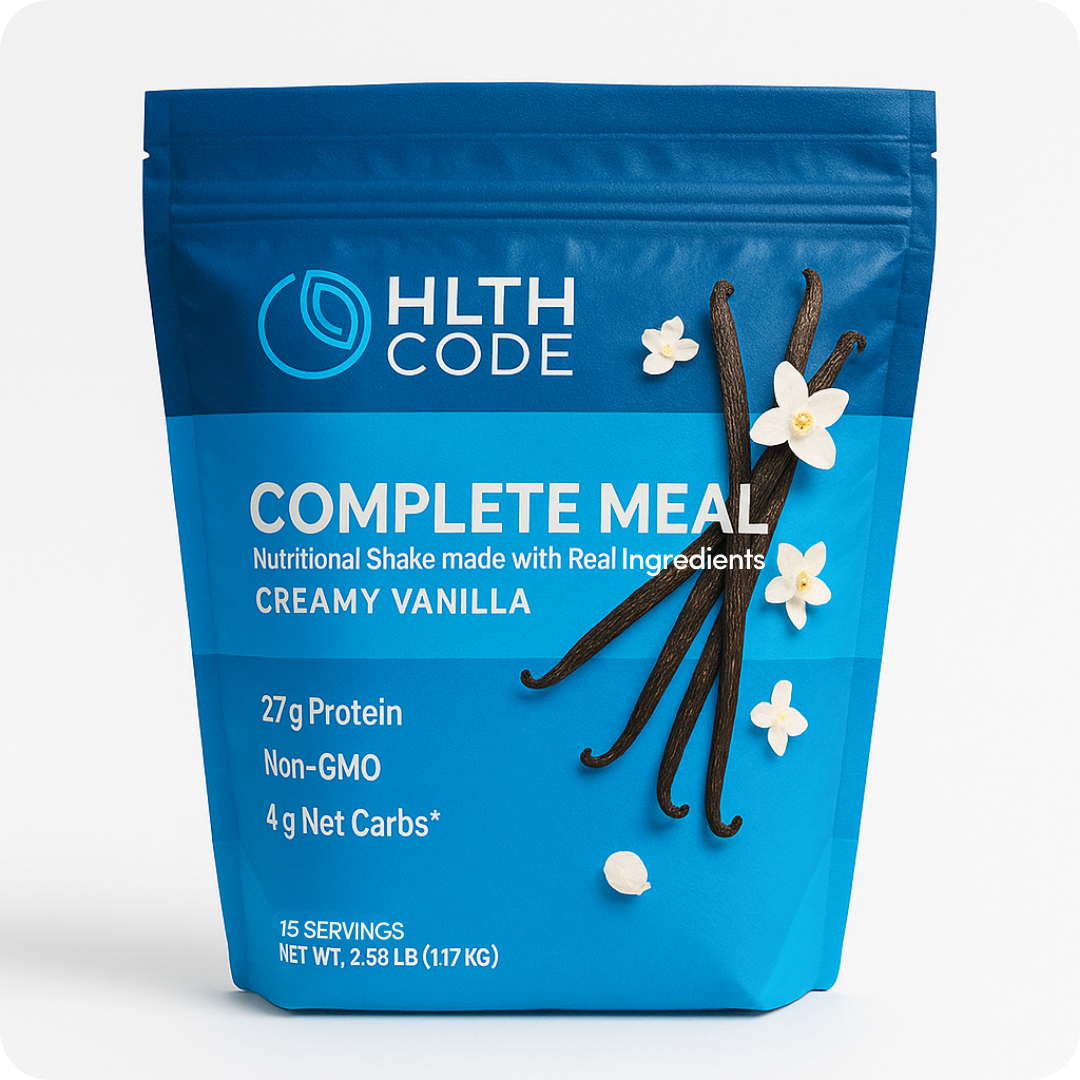
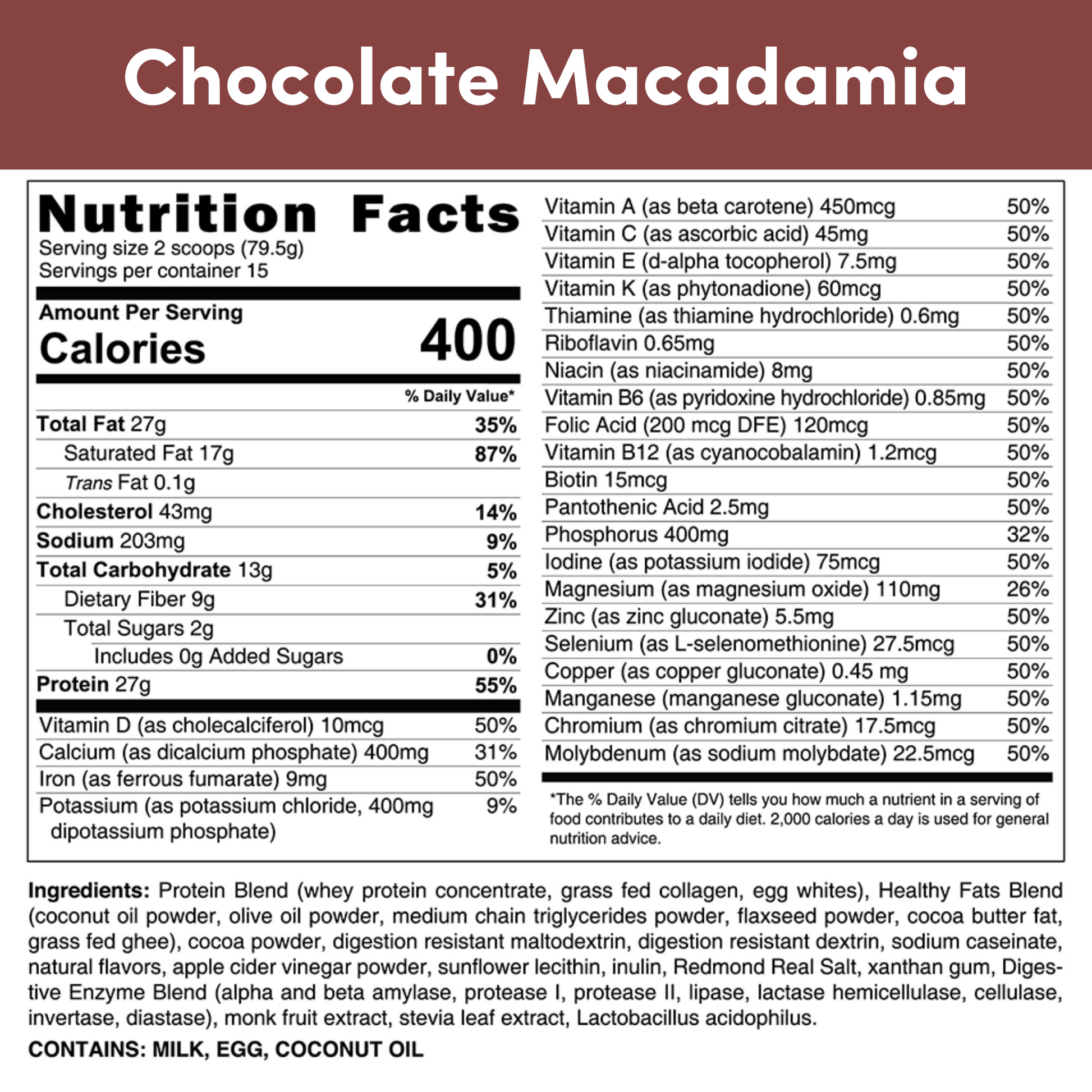
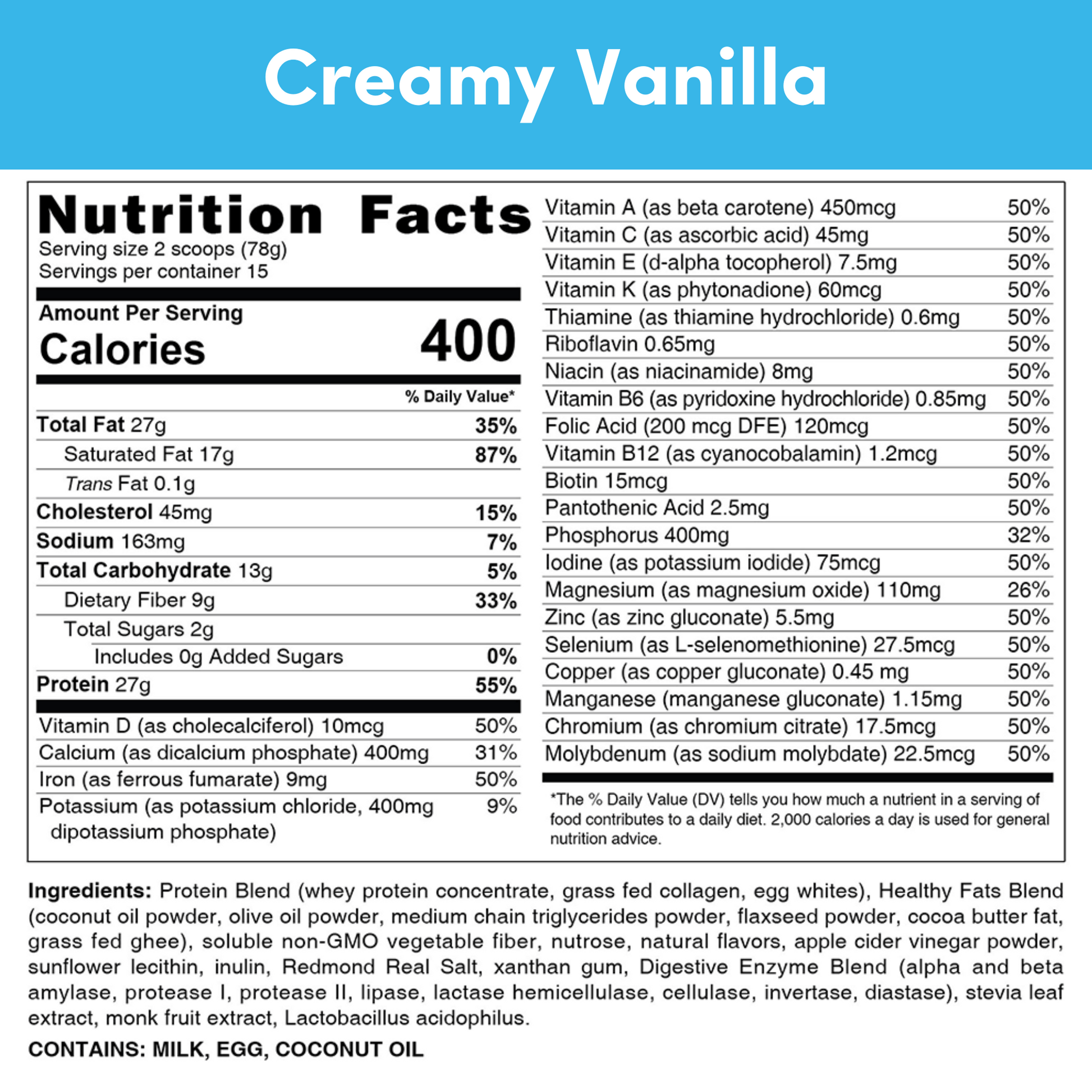

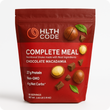
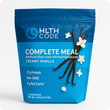
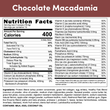
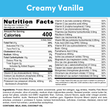

 30 Day Money Back Guarantee
30 Day Money Back Guarantee